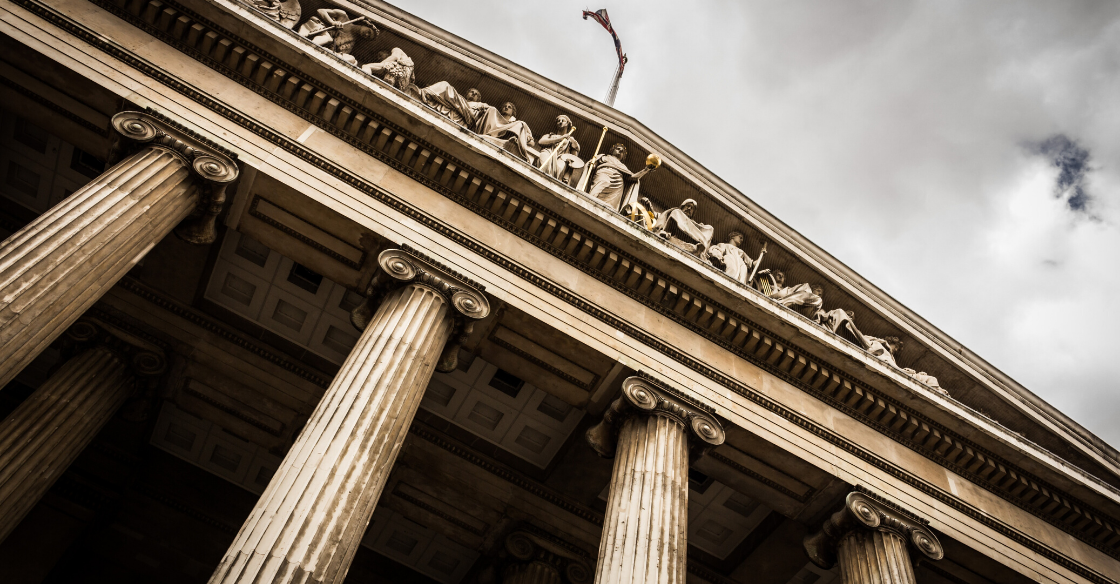SEC & Amnesty Petition for Review of Recent Conflict Minerals Rule Decision
In a promising development, on Friday, October 2 the Securities and Exchange Commission (SEC) and Amnesty International both filed petitions for a review of the most recent court decision on the SEC’s Conflict Minerals Rule. The Enough Project strongly supports their efforts to challenge the most recent ruling.
In a press release from October 2, Amnesty International states:
Amnesty International is calling on a U.S. court to reconsider a decision protecting some of the world’s largest companies from having to tell consumers that they were unable to prove their products have not funded armed groups contributing to conflict in the Democratic Republic of the Congo (DRC) and neighboring countries.
Section 1502 of the 2010 Dodd-Frank Wall Street Reform and Consumer Protection Act requires companies to publicly report whether their products contain certain minerals whose trade helps fuel violence in Central Africa. The U.S. Securities and Exchange Commission (SEC) adopted a rule to implement Section 1502. That rule requires companies to use specific language when describing their products that contain those minerals, saying that the products have “not been found to be DRC-conflict free.”
The organization today filed a petition asking the U.S. Court of Appeals for the District of Columbia Circuit to reconsider two decisions issued in April 2014 and August 2015 striking down that disclosure requirement on the basis that it violates companies’ free speech rights under the First Amendment. Amnesty is represented by attorneys at Public Citizen.
“The panel’s decisions make a mess of the First Amendment with respect to commercial disclosure requirements, and they do so in the circuit where most challenges to federal laws and regulations are brought,” said Julie Murray, the lead Public Citizen attorney handling the case. “The full court should overturn these indefensible decisions, which threaten the government’s ability to require disclosures that inform investors, advance human rights and keep consumers and workers safe.”
“Five million people have died because of the conflict in the DRC. The conflict minerals disclosures are a groundbreaking effort to cut a cord that disgracefully links consumer products like smart phones to the funding of armed groups responsible for vicious human rights abuses,” said Steven W. Hawkins, Amnesty International USA’s Executive Director. “The links between armed groups and the minerals trade are well known, yet companies are still hiding behind the First Amendment to avoid disclosing whether their products help benefit an ongoing, brutal conflict.”
Read Amnesty International’s’ full release here.
For more information about the status of the court case and Enough’s position on the litigation, read our blog post.
For more information about how the Conflict Minerals Rule has already begun to promote peace and transparency in Congo, visit our resource page.


